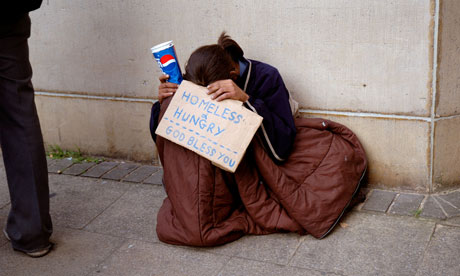

HOMELESSNESS AFFECTS TENS OF THOUSANDS OF THE WOLRD and has important health implications. Homeless people are at increased risk of dying prematurely and suffer from a wide range of health problems, including seizures, chronic obstructive pul-monary disease, musculoskeletal disorders, tuberculosis, and skin and foot problems. Homeless people also face significant barriers that impair their access to health care. More research is needed to identify better ways to deliver care to this population.
WHO ARE THE HOMELESSNESS?
According to the United Nations, “absolute homelessness” describes the condition of people without physical shelter who sleep outdoors, in vehicles, abandoned buildings or other places not intended for human habitation. “Relative homelessness” describes the condition of those who have a physical shelter, but one that does not meet basic standards of health and safety; these include protection from the elements, access to safe water and sanitation, security of tenure, personal safety and affordability.In this review, “homeless people” refers to people who are sleeping in shelters for the homeless and those who are “absolutely homeless.” his is the definition that is most frequently used in health-related research. Althoughhomelessness is commonplace in many developing countries.
BIBLIOGRAPHY:
- Begin P, Casavant L, Chenier NM.Homelessness. Ottawa: Library of Parliament, Parliamentary Research Branch, Document PRB 99-1E. Available: www.parl.gc.ca/36/refmat/library/PRBpubs/prb991-e.htm (accessed 2000 Nov 15).
No hay comentarios:
Publicar un comentario